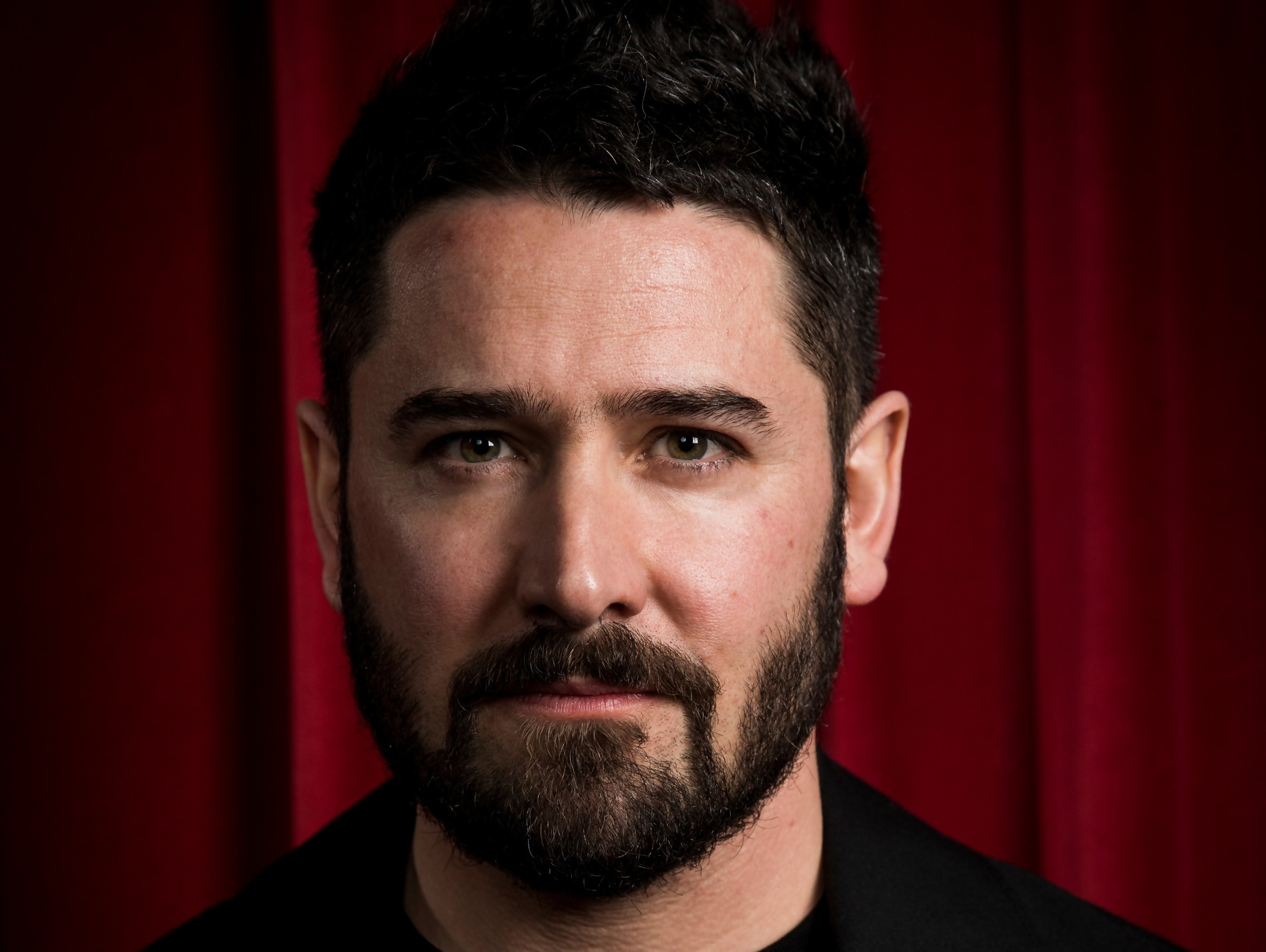
Director Lorcan Finnegan brings us a completely new nightmare with Nocebo, the first ever Irish-Filipino co-production. We spoke with the director about making the film.
Nocebo: a detrimental effect on health produced by psychological or psychosomatic factors such as negative expectations of treatment or prognosis.
This is how Oxford Languages defines the word that is also the title of Irish filmmaker Lorcan Finnegan’s new supernatural thriller.
Eva Green stars as Christine, a fashion designer suffering from a mysterious illness that frustrates her and her doctors. Help arrives in the form of Diana (Chai Fonacier), a housekeeper whom Christine doesn’t remember hiring. Diana begins to treat Christine with Filipino folk healing methods, but things seem to be getting worse.
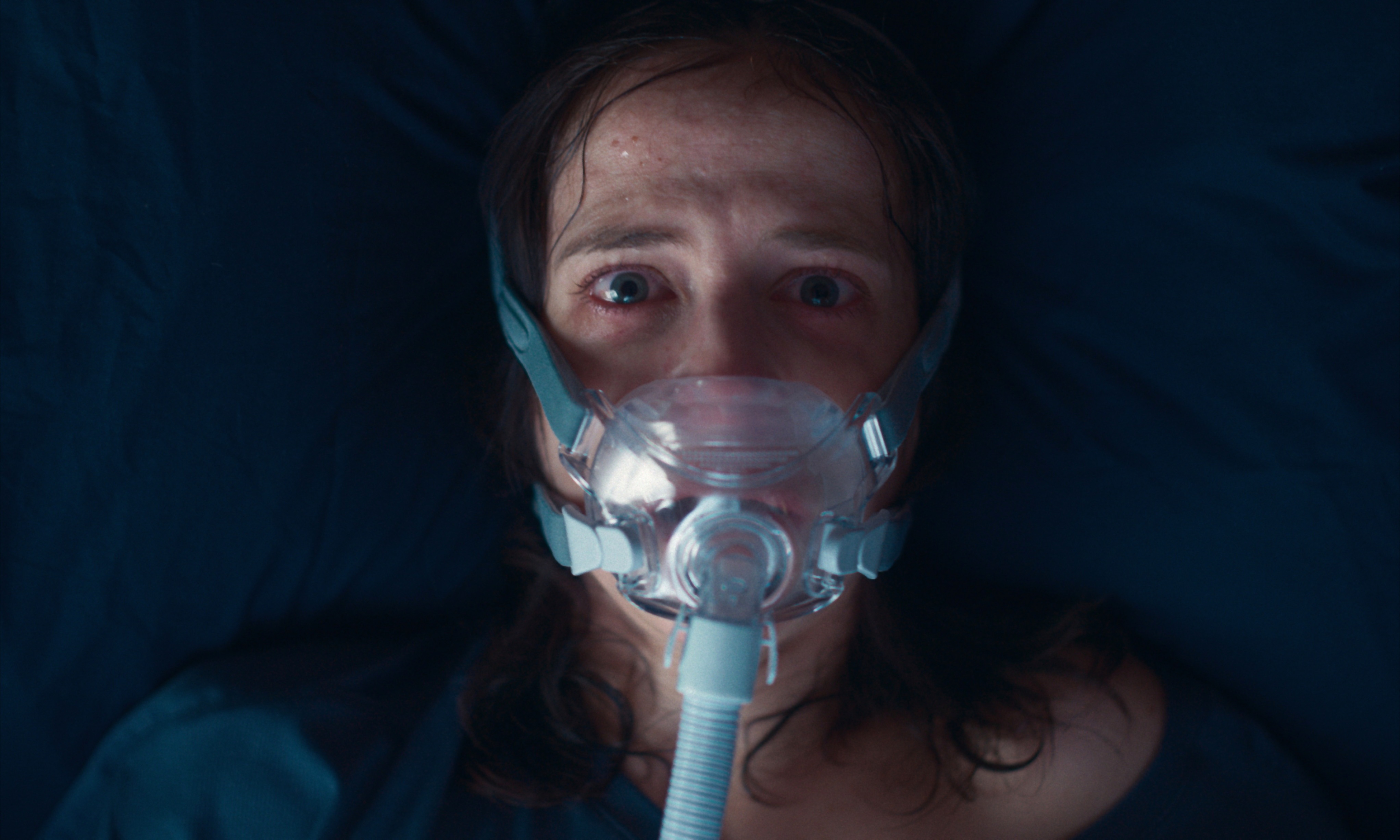
Credit: Vertigo Releasing
We chatted to Finnegan about his fascinating new film, making it the first Irish-Filipino co-production and whether or not it is, in fact, a horror film.
How did the project start for you?
Garrett Shanley, the screenwriter, and I had an interest in placebos and nocebos. We knew there was a story in there. We both read this quite academic book called Sleep Paralysis: Placebos, Nocebos and the Mind-Body Connection by Shelley Adler, and our research led us to the Philippines, where they still practise their shamanic rituals. Ireland had this tradition of pagan, shamanic healing as well, so we’re kind of familiar with shamanism and healing as a notion.
We were looking around where people still practice this kind of shamanism, faith healing, and it led us particularly to the [Filipino] islands of Cebu and a small neighbouring island called Siquijor. We got a really good understanding of their folklore, their belief systems and how they relate to healing. There was also this aspect that was related to colonialism and neocolonialism which has now resulted in consumer capitalist culture. The Philippines is still exploited by the West, so we also visited manufacturing places in Cebu.
This is the first Filipino-Irish production. Does that come with any pressure; going into a foreign country and taking parts of their culture but also obviously, respecting it?
Totally. I don’t think people shouldn’t collaborate culturally. I think you have to do it with respect. We brought on a screenwriter from Cebu called Ara Chawdhury to help collaborate with Garrett on the scenes that were set there, as well as Diana’s dialogue and the spells.
And then we also cast Chai, who’s Cebuano, from the island of Cebu, who also understood all of the folklore, it’s part of her own culture. Me and Chai had a shaman called Bong, who was our consultant across the whole movie. You learn a lot about each other’s cultures from working together so intensely on a project like this.
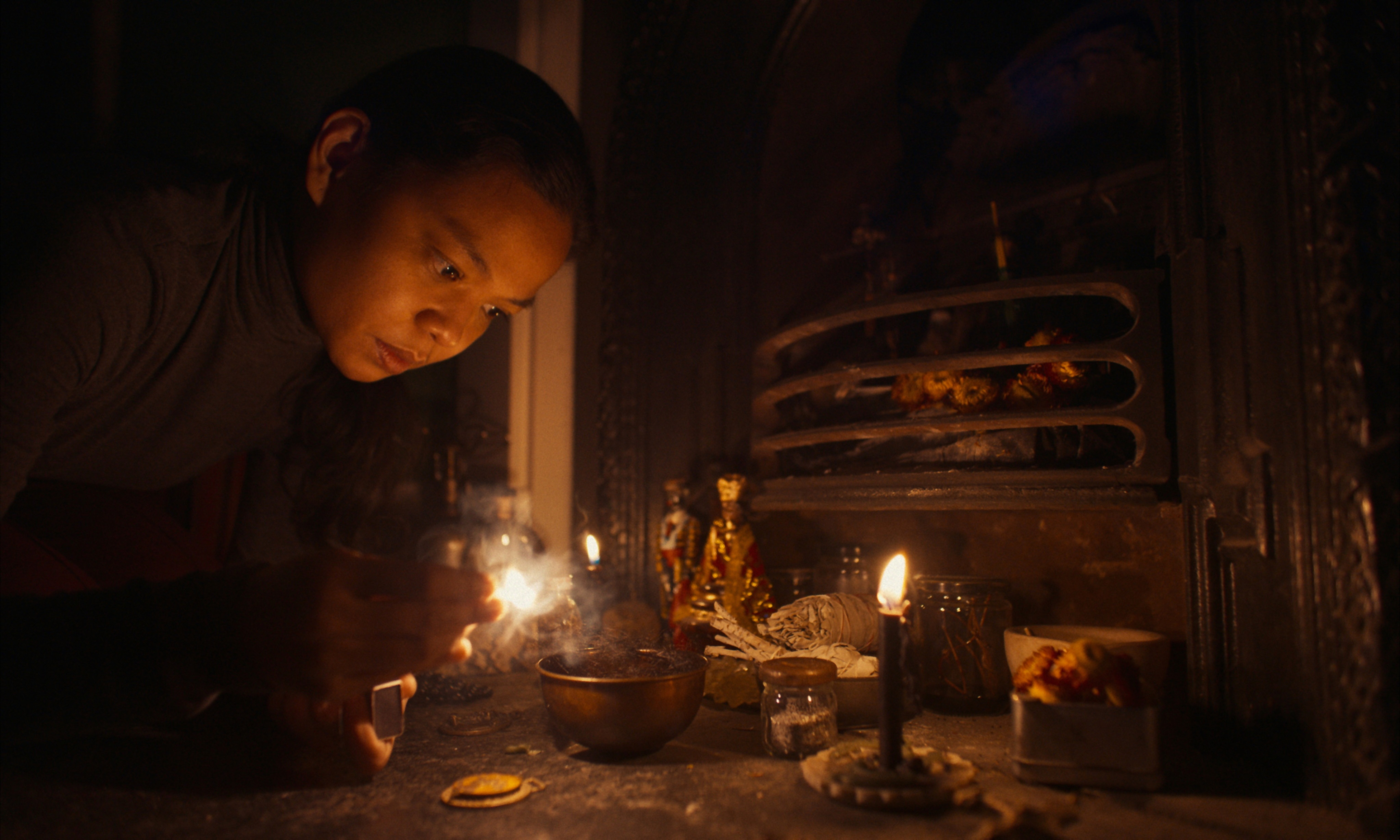
Credit: Vertigo Releasing
Chai is great as Diana, she’s such an equally unnerving and calming presence in the film. How did you work with her on that?
Part of that was through casting. We saw quite a few people for that role, but Chai’s audition tape was excellent. And then there was a quality you can’t quite put your finger on. So in her audition, we did the scene where she’s arriving at the house and then she’s saying stuff that could seem a little bit off, but then gives a lovely big, warm smile afterwards, which makes you go, okay, she’s fine.
I felt like the film had quite a lot of thematic overlap with your previous two films, Without Name and Vivarium. Did you want to take both of those themes of nature, and suburban domesticity and unleash horror through that?
Not intentionally, but you’re right. It’s only in hindsight I realised that. Without Name was folk horror, it definitely had a lot of Irish folklore and nature clashing with modern society. And then Vivarium was all about consumerism and the consumer capitalist world that was all very artificial with no nature. So this is more of a drama in some ways, a drama thriller with supernatural elements that does deal with Neo-colonial consumerist culture clashing with the ancient forces of the supernatural. There’s definitely a connection.
Did you want to play with the audience’s idea of where our sympathies should lie or who’s the victim and who’s the oppressor in the story?
Definitely. That was one of the challenges with the narrative; that also plays into the placebo and nocebo, what’s good and what’s bad. It also plays into people’s preconceived ideas or their prejudices as well; how characters are presented at different points in the film and who your allegiances should be with. It’s also kind of complicated, because I don’t really believe in good and evil or good and bad, everything’s complicated and intertwined. Ideally, people would draw their own conclusions at the end of the film.
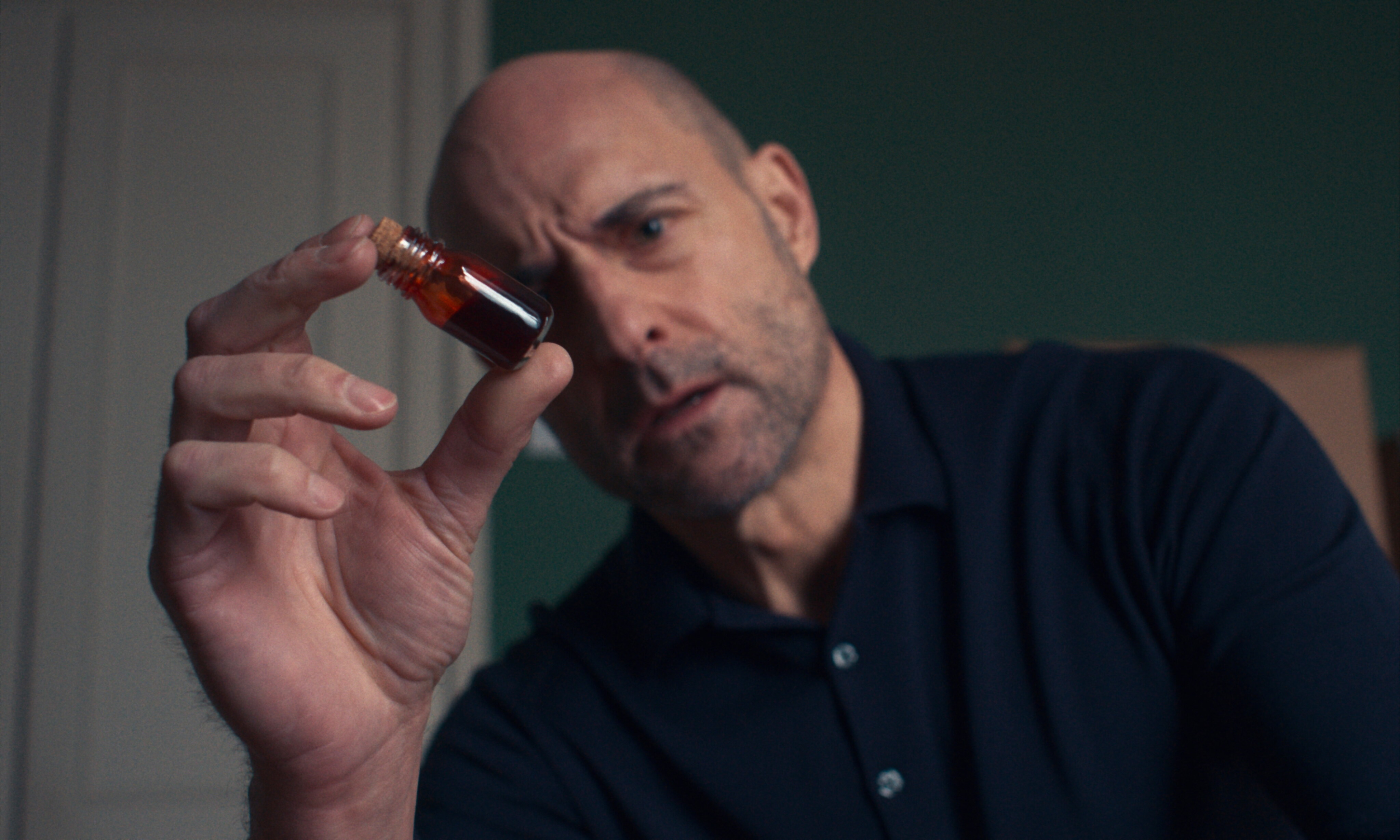
Credit: Vertigo Releasing
Is it a horror film?
There’s horror elements. I would say it’s more of a psychological thriller, a supernatural thriller than a horror film. What do you think?
I was constantly a little bit disturbed. It’s not scary in the traditional sense, there’s no jump-scares. Did you want your audience to go through a rollercoaster of emotions?
That’s the thing. There’s no demonic possessions, there’s nothing particularly gruesome or bad, no jump-scares. But I’d hope it creeps up on you, that it gets under your skin.
Christine goes through such a wringer in this film, and such intense emotions. How do you direct an actress going through all those? How do you rehearse those emotions?
You don’t want to rehearse too much. It’s always down to the actor and their style of working. We rehearsed the stuff that was slightly complicated in terms of staging, where everyone would be and how we’re going to shoot scenes where she’s writhing around on the floor. That’s more from a technical point of view, as well as for Eva and Chai’s comfort, that they felt confident that what they were doing was working. It’s conversations back-and-forth, and trying things out. The actors have to trust the director, the director has to trust the actors to a certain extent and give them guidance so that the performance is balanced.
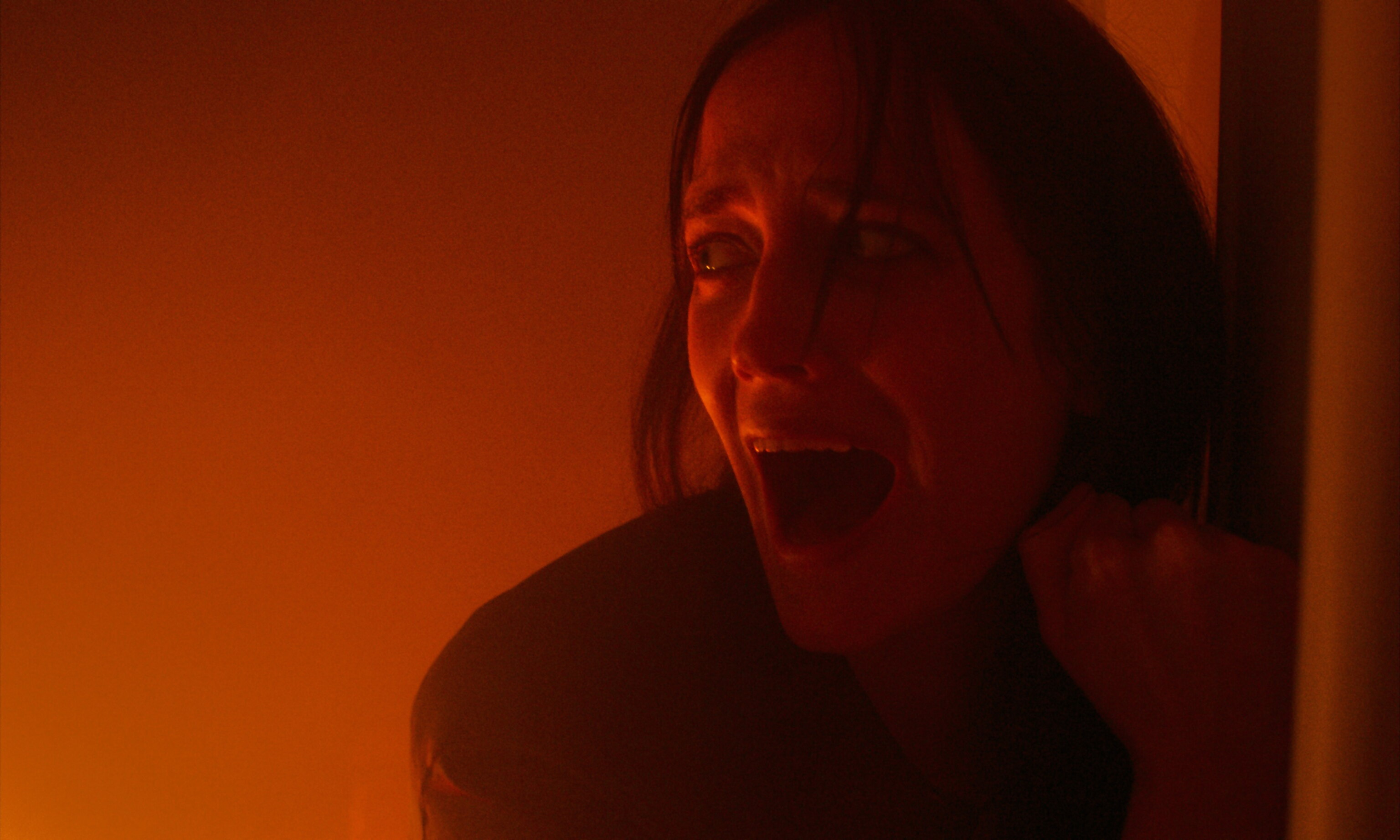
Credit: Vertigo Releasing
That twist at the end, if you will. I feel like we as an audience treat twists like it has to be something that you don’t see coming, or it ruins the film. I don’t agree with that, but what do you think?
I don’t agree either. This isn’t trying to be an M. Night Shyamalan type twist-film. If people guess what’s going on, it’s because we’re giving them the information in this story. The information is actually within the script, it’s peppered along. For us, it was more about unfurling the narrative, throughout the 97 minutes, rather than suddenly pulling the rug out from under you.
You’ve done three features, all of them have similar themes; are you going to keep making these genre films?
Who knows? I’m working on another film. It’s not a horror. It’s got some horrific scenes in it, but it is dealing with larger themes. It’s called Goliath, and it’s about creating monsters to start wars and steal natural resources. It’s a dystopian, dark adventure-action fable. It’s very different. Two very different worlds. But it’s still dissecting our current culture. I do like the films that we make to reflect the times that we live in. That’s what’s interesting with cinema. When you look back at older films, they were talking about what was going on at the time.
Nocebo is in cinemas 9 December.



